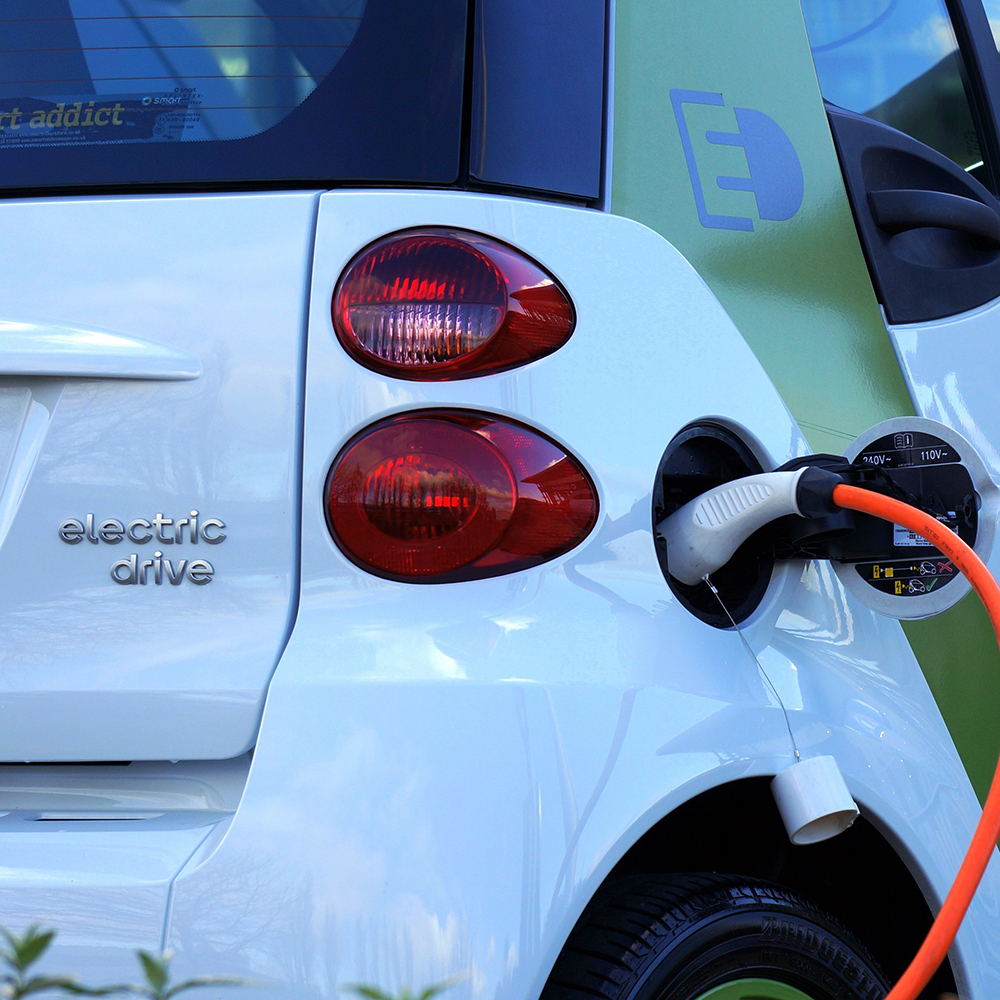The Biden Administration has announced new automobile emission limits that amount to the government forcing a massive increase in U.S. electric vehicle sales. By 2032, at least two of every three cars sold would be required to be electric vehicles.
As the New York Times reports, “experts say the proposed regulation would synchronize federal action with a move by California to ban the sale of new gasoline-powered cars after 2035.”
If California’s experience is any guide, the Biden administration’s approach is an unworkable way to address global climate change.
As PRI has documented over the years, California has “been there, done that” when it comes to expensive government-imposed green mandates. As documented in the PRI report “Legislating Energy Prosperity,” state energy mandates more than a $2,000 burden to every Californian through higher gas and electricity costs and reduced economic output.
This is the thinking behind the Biden energy agenda – that government bureaucrats can mandate innovation that hasn’t yet materialized – and may not materialize.
The Biden’s administration anti-free market efforts at playing car salesman for the American people would represent an unprecedented shift in the auto landscape. Consider that electric vehicles accounted for just 5.8 percent of all new cars sold in 2022. Even in California, amidst all the subsidies and government directives, electric vehicles made up just 16 percent of new vehicle sales in 2022.
There are real challenges regarding the infrastructure to make electric vehicles for tens of millions of Americans, let alone the raw materials required to build and operate electric vehicles.
A rapid switchover to an all-electric car future would require huge investments in electricity infrastructure that may be prohibitively expensive, such as the installation of millions of electric car chargers in public spaces and people’s homes. It could overwhelm the nation’s electricity grid, which would also require massive and expensive infrastructure upgrades to handle the demand.
A recent report by the North American Electric Reliability Corporation has ranked California as being at “high risk” for energy shortfalls due to the push for more unreliable renewable power, and by 2024, “demand could fall below supply for 10 hours during peak summer months.” A NERC official told CNBC that, “renewables also don’t necessarily map to where demand is, unlike fossil fuels . . . which means more transmission lines are needed, and building them can take from seven to 15 years.”
These problems will only be exacerbated nationally under the Biden plan.
The Biden electric vehicle mandate will dramatically worsen the affordability problems being experienced by millions of American families amidst record levels of inflation.
Even with lavish taxpayer-funded electric car subsidies (79 percent of which are claimed by households making more than $100,000 per year according to PRI research), electric vehicles cost $54,000 on average compared to $44,000 on average for gas-powered cars according to Summer 2022 data from JD Power and Associates. Add in the parallel push to increase the number of heavy electric trucks used to haul goods and raw materials – which cost two to three times as much as diesel trucks – and Americans will see a dramatic increase in direct costs and also indirect costs for many goods and services.
The better way to reduce emissions and address global climate change is not through unrealistic government mandates that will impose huge new costs primarily on the working class. It’s by promoting innovation. By incentivizing innovators, we can develop cutting edge technology that can improve the environment in an affordable and less disruptive way. This should be the top priority for federal, state, and local policymakers seeking to address global climate change, not costly and unworkable new mandates like the Biden plan.
Dr. Wayne Winegarden is a senior fellow in business and economics at the Pacific Research Institute and author of the study about California’s green energy mandates, “Legislating Energy Poverty.” Download a copy of the study at www.pacificresearch.org


